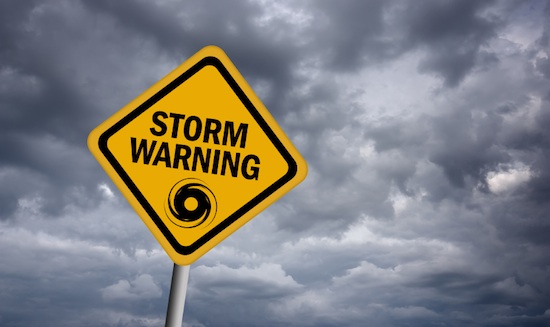Vacations And Weather Emergencies: Planning, Actions, Do’s And Dont’s
August 30, 2011
Family vacations are planned with all good intentions of enjoying pristine weather while taking a break from the demands and drama of everyday life. Therefore, vacations and weather emergencies just don’t mix. Earthquakes, hurricanes, snow storms, tornadoes and other natural disasters can happen at any given time, wherever you travel. And since we can’t predict the habits of Mother Nature, the best we can do is prepare for them. In light of the recent hurricane and earthquake on the eastern sea board, families on late vacations quickly realized the relevance of a contingency plan in the face of a weather emergency. How can you be prepared? Here is a list of some do’s and don’ts whether you’re on vacation or at home:
Don’t:
- Take warnings for granted and stay when instructed to evacuate.
- Attempt to take pictures outside in the midst of the storm. Leave the weather reporting to the professionals.
- Stand close to windows to take in the action. High pressure winds can knock out windows in an instant.
- Rely on their being outside help from emergency personnel.
- Rely on city/well water, even after the storm has subsided.
- Use the elevator of your hotel in the midst of the storm if you decide to move to lower ground. Take the stairs.
Do:
- Charge all cell phones while you still have electricity.
- Retrieve money from the ATM machine in case power is lost. It could take days to be restored.
- Put together your own survival kit which should include (non-perishables, bottled water, flashlight, batteries, battery-operated radio, toothbrush/paste, one change of clothes for everyone). AAAsells an emergency kit at local AAA stores.
- Know where evacuation/ Red Cross stations, police, hospitals are located closest to you or along your evacuation route.
- Contact family members/close friends as often as possible to let them know your whereabouts in case you lose communication.
- Listen to storm warnings on news stations and radios.
- See if you are in a hurricane evacuation zone and act accordingly.
- Fill up your gas tank as soon as possible. As AAA states, “in the event of widespread power outages gasoline may not be immediately available.”
- Pack your child’s favorite and most comforting toy. It will help calm their nerves as well as yours during those scary moments.
- Place some identification on non-verbal children in the event that you get separated (write pertinent information on the inside label of their clothes: their name, your name, next of kin, and contact information)
Vacationing Overseas
In the case that you are vacationing overseas, contact your local consulate or embassy and identify yourself. Get instructions from them on procedures to take in a worst-case scenario. You should also know where the local consulate is located.
If you’ve heard evacuation notices, weigh your options of flying out early or moving your family to a location away from the evacuation zones, especially if you are on an island or vacationing close to the beach. Dealing with weather emergencies on an overseas vacation is more difficult than dealing with it at home where you have familiarity with your surroundings.
Family vacations are investments in happy lifelong memories, so don’t worry about losing the money you spent. You can consider purchasing trip insurance if traveling during a more weather-adverse time of year. The most important factor to keep in mind is your family’s safety.






